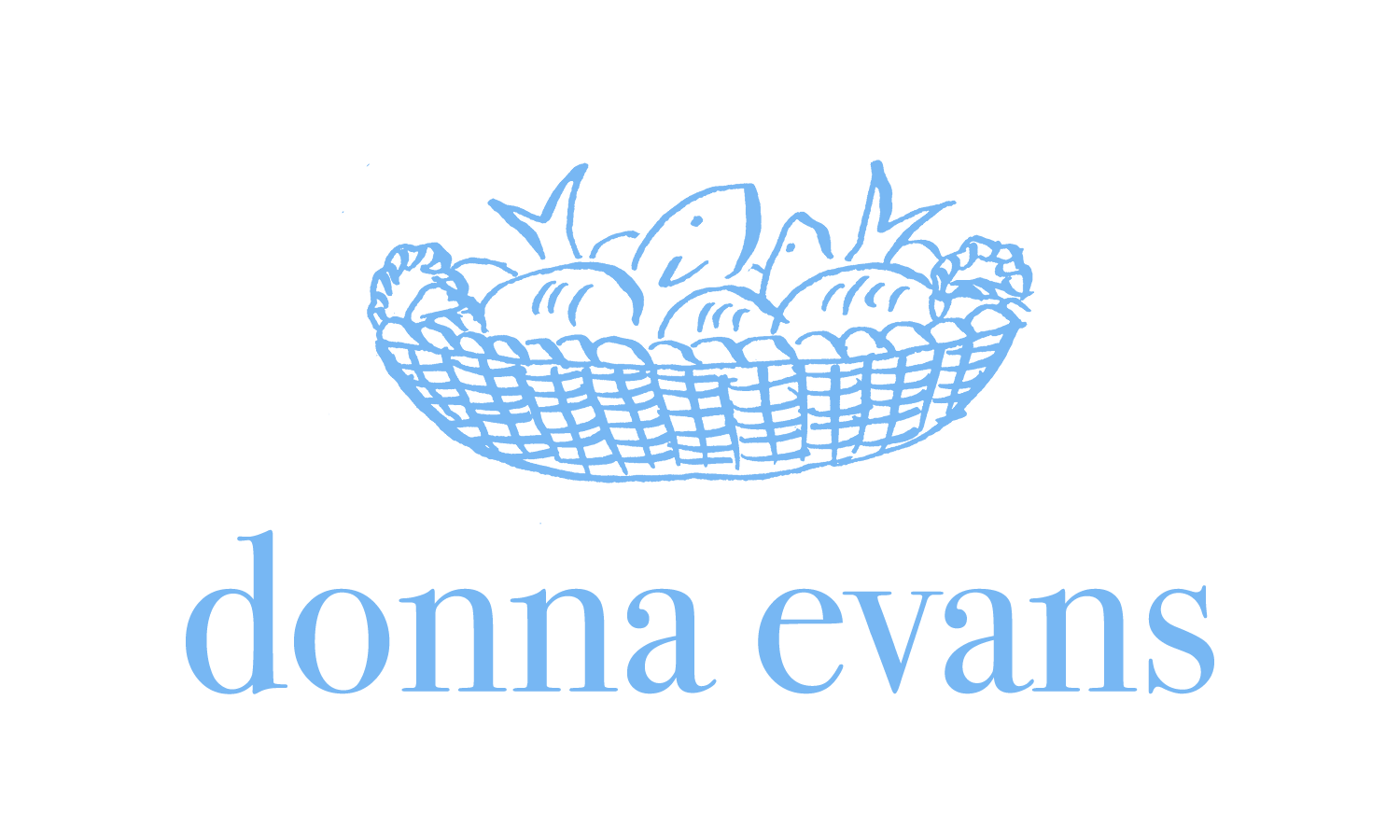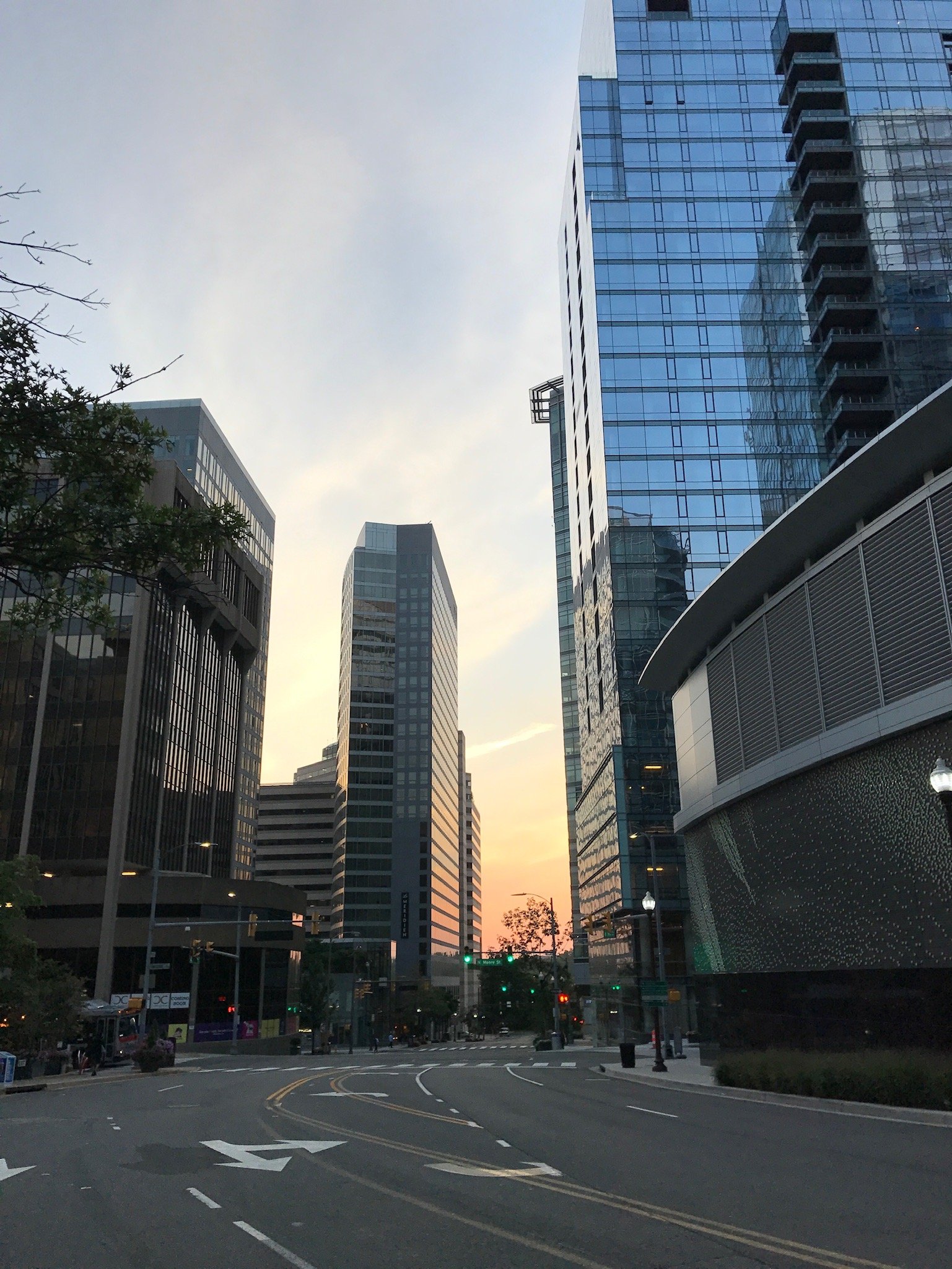The Man, His Bench, and His Bible
"Yet I will rejoice in the Lord."
Habakkuk 3:18 (NIV)
Several years ago I was reading my way through the Minor Prophets, those pages that Dr. John Blanchard affectionately calls "the clean pages" of most Bibles. Blanchard's book, Major Points of Minor Prophets, is a true treasure and I highly recommend it. One passage from Habakkuk’s book always challenges me whenever I read it:
Though the fig tree does not bud and there are no grapes on the vines
though the olive crop fails and the fields produce no food,
though there are no sheep in the pen and no cattle in the stalls,
yet I will rejoice in the Lord, I will be joyful in God my Savior.
The Sovereign Lord is my strength;
Habakkuk 3:17-19a (NIV)
In spite of his circumstances, Habakkuk resolves to praise God and choose joy. He lists a number of potential scenarios that may occur with an impending Babylonian conquest:
no food (figs or fields);
no wine (grapes);
no energy for light (olive oil for burning lamps);
no meat, milk, and limited commerce (no sheep and no cattle).
Yet, instead of complaining about his circumstances, Habakkuk resolves to praise God anyhow. He doesn't deny or discount the reality of the coming suffering; he resolves to keep his focus on God and find his strength and joy in Him.
One morning just before heading to work I read Habakkuk’s words and wondered how well I would respond to adversity and suffering. Would I choose joy if I had no food, no drink, no light, no land, no meat, or no job? What if I had nothing but God Himself? Would God be enough if I had none of my usual comforts that I consider, not comforts, but essentials?
Thirty minutes later, I parked my car in the employee deck and began the two-block walk to my office. As I waited for the traffic light to change, I noticed a familiar figure sitting on a bench across the street. The man, probably in his mid-forties, was often asleep on the bench as I began my morning trek. He usually slept sitting upright and often wore a hoodie pulled tightly around his head. Always polite, he rarely asked for money unless it was for his $2 bus fare back to wherever he was staying at night.
This morning, however, he wasn't asleep. As I crossed the street, I saw a worn paperback book on the bench next to him and a white stenographer's pad open on his lap. Painstakingly, with head bent close, the man was writing words on his steno pad with a pencil. As I got closer, I realized that the paperback book was actually a Bible whose pages were dog eared from use. I smiled and was ready to say, "Good morning," but he never looked up from his Bible or his writing.
I'd probably taken ten steps past him when I realized that God had just given me an important object lesson, indeed a living application, of my morning Habakkuk verses. This man probably didn’t have a home, heat, sufficient food, clothes, job, or income, YET he had a Bible and he was using it. My Habakkuk verses suddenly became:
though I have no home or bed and just a park bench
though I have no heat and just a sweatshirt
though I have no light and just the sunshine
though I have no job, no money, and no caregiver
YET I will rejoice in the Lord. I will be joyful in God, my Savior.
It's one thing to read the prophet’s words; another to voice them out loud, but to actually live them?
And suddenly I remembered the Apostle Paul's words written to the Philippian Christians while he awaited execution in a Roman prison, "Rejoice in the Lord always. I will say it again: Rejoice!" (Philippians 4:4 NIV) Our joy is never to be dependent on our circumstances. True joy is found in God Himself. Joy isn't just a fruit of the Spirit; it's a choice we make moment by moment.
The man wasn't on his park bench that afternoon when I finished work and headed home. It was raining so hopefully he found shelter. As I worked throughout the day, I prayed for him and thanked God for sending him into my day. Without Habakkuk's words, I might have missed seeing him, but once seeing him, I will never forget the man, his bench, and his Bible.


